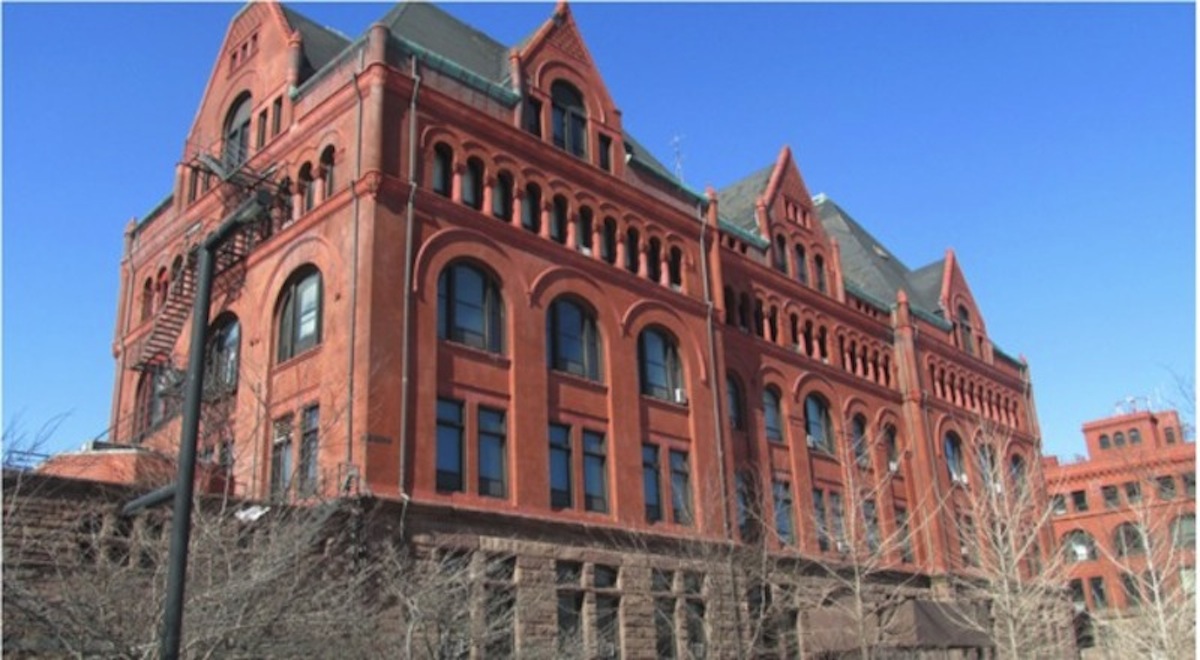Each year, Preservation Chicago publishes a list of the city buildings that are at the highest risk of being lost to demolition or decay. According to DNA Info, the organization unveiled its list on the 178th anniversary of Chicago's incorporation as a city.
"These are irreplaceable buildings that define our neighborhoods," said Ward Miller, Executive Director of Preservation Chicago.
The buildings named on the list are:
- The South Side Masonic Temple: Located at 6400 S. Green Street, the Masonic temple was built in 1921. Throughout its years, it served as a popular destination for fraternal meetings and community events in Englewood. The building features Egyptian, Moorish, and Art Deco influences.
- The Agudas Achim North Shore Synagogue: "The last great Chicago synagogue" is located at 5029 N. Kenmore Avenue and was built in 1922. It boasts Romanesque Revival, Art Deco, and Spanish influences. It's currently listed for sale and has worried Preservation Chicago that it may be demolished by developers.
- Clarendon Park Community Center: Uptown's local community center was built in 1916 for beachgoers. It sits at 4501 N. Clarendon Street and has fallen victim to water filtration and other building code issues.
- A. Finkl & Sons: The Lincoln Park steel plant is up for a major redevelopment, although Preservation Chicago is concerned the renovations may not include the historic buildings that are already standing on the riverfront.
- Illinois Institute of Technology: The Main Building at 3300 S. Federal Street was built in 1893 with funds from Chicago meatpacking baron Philip Armour. While the higher education institution has restored many other buildings designed by Ludwig Mies van der Rohe, this one has not and is being offered to developers.
- Pioneer Arcade: Once a 1920s bowling and billiards venue, the arcade at 1535 N. Pulaski Road has been empty since the mid-2000s. The building's facade is known as one of the city's best examples of 1920s Spanish colonial revival style and was designed by Jens Jensen. It's neighbor, the New Apollo Theater, also made Preservation Chicago's list.
- Neon signs: Located throughout the city, there are many old-school neon signs that bring back memories of how businesses approached advertising from the 1930s to the 1960s.
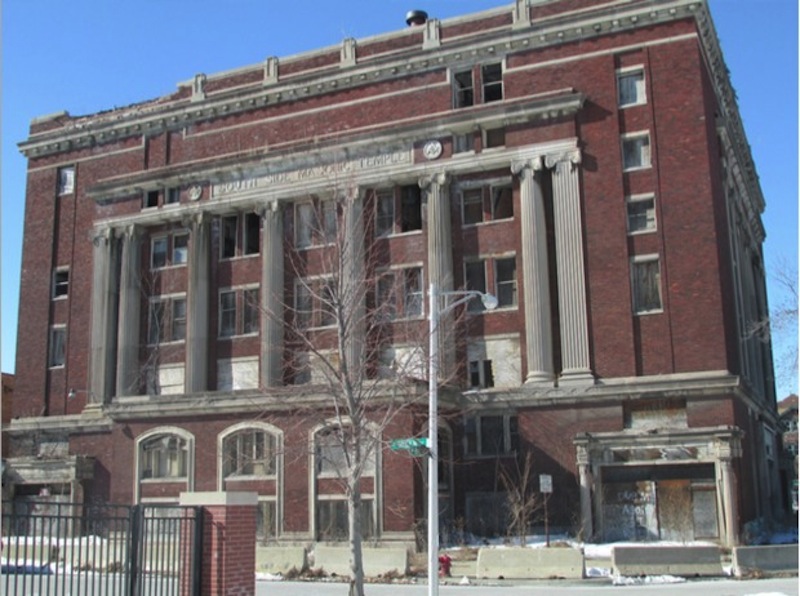 Englewood's South Side Masonic Temple
Englewood's South Side Masonic Temple
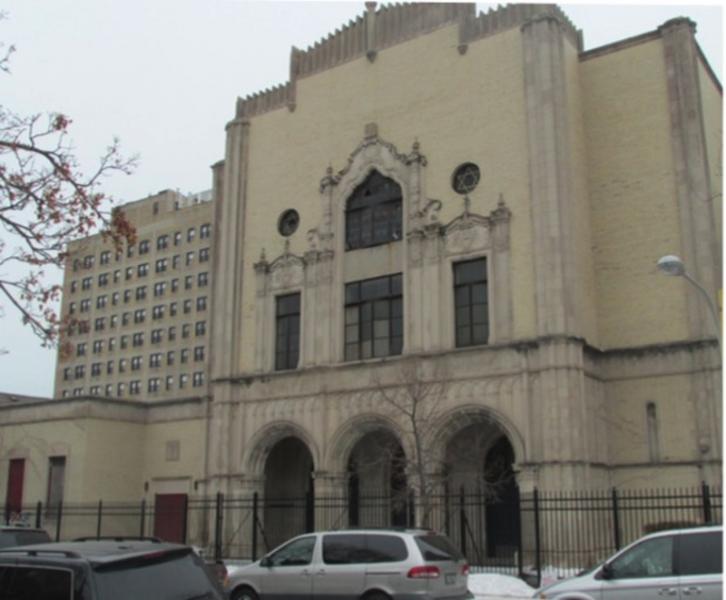 The Agudas Achim North Shore Synagogue on Kenmore Avenue
The Agudas Achim North Shore Synagogue on Kenmore Avenue
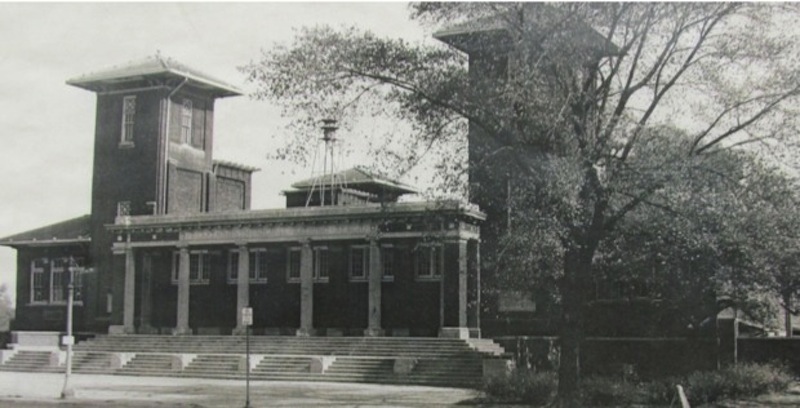 Clarendon Park Community Center in Uptown
Clarendon Park Community Center in Uptown
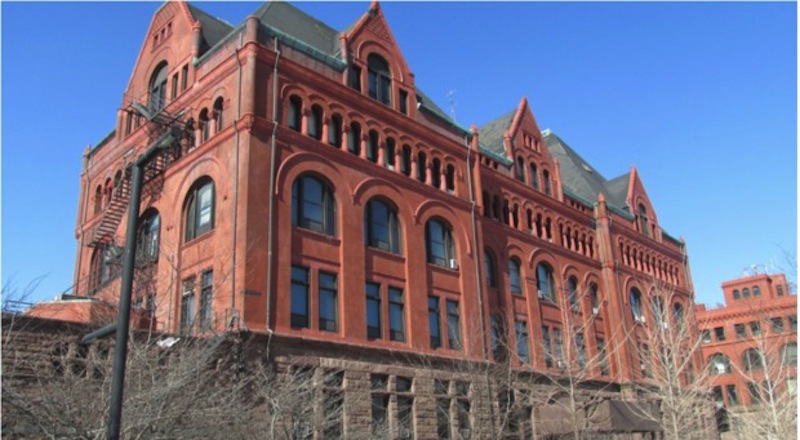 Illinois Institute of Technology
Illinois Institute of Technology
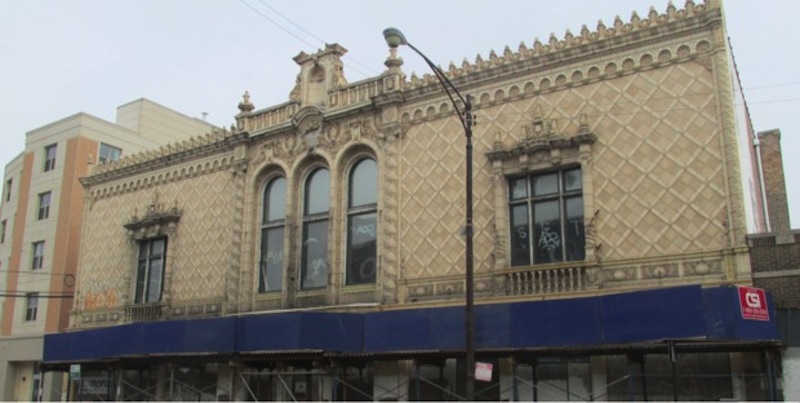 Pioneer Arcade at 1535 N. Pulaski Road
Pioneer Arcade at 1535 N. Pulaski Road
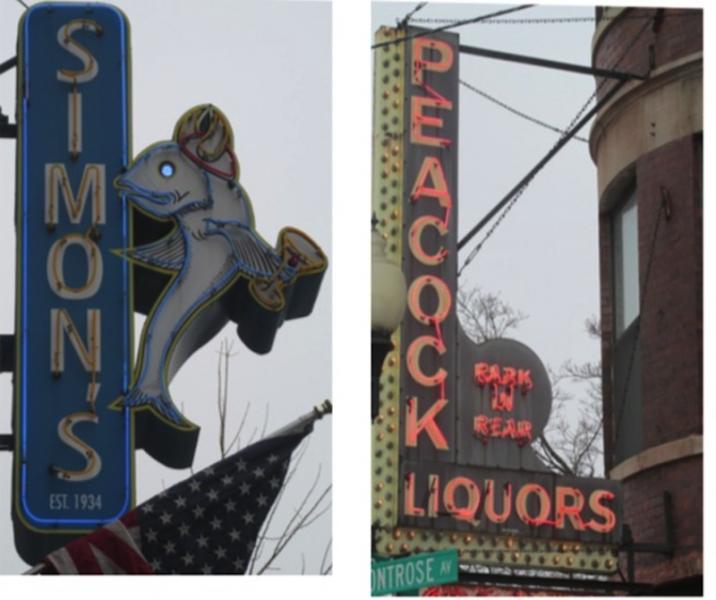 Some of Chicago's neon signs
Some of Chicago's neon signs
Related Stories
Adaptive Reuse | Jul 30, 2024
Empty mall to be converted to UCLA Research Park
UCLA recently acquired a former mall that it will convert into the UCLA Research Park that will house the California Institute for Immunology and Immunotherapy at UCLA and the UCLA Center for Quantum Science and Engineering, as well as programs across other disciplines. The 700,000-sf property, formerly the Westside Pavilion shopping mall, is two miles from the university’s main Westwood campus. Google, which previously leased part of the property, helped enable and support UCLA’s acquisition.
Great Solutions | Jul 23, 2024
41 Great Solutions for architects, engineers, and contractors
AI ChatBots, ambient computing, floating MRIs, low-carbon cement, sunshine on demand, next-generation top-down construction. These and 35 other innovations make up our 2024 Great Solutions Report, which highlights fresh ideas and innovations from leading architecture, engineering, and construction firms.
Laboratories | Jul 3, 2024
New science, old buildings: Renovating for efficiency, flexibility, and connection
What does the research space of the future look like? And can it be housed in older buildings—or does it require new construction?
Smart Buildings | Jul 1, 2024
GSA to invest $80 million on smart building technologies at federal properties
The U.S. General Services Administration (GSA) will invest $80 million from the Inflation Reduction Act (IRA) into smart building technologies within 560 federal buildings. GSA intends to enhance operations through granular controls, expand available reporting with more advanced metering sources, and optimize the operator experience.
MFPRO+ News | Jun 24, 2024
‘Yes in God’s Backyard’ movement could create more affordable housing
The so-called “Yes in God’s Backyard” (YIGBY) movement, where houses of worship convert their properties to housing, could help alleviate the serious housing crisis affecting many communities around the country.
Mass Timber | Jun 17, 2024
British Columbia hospital features mass timber community hall
The Cowichan District Hospital Replacement Project in Duncan, British Columbia, features an expansive community hall featuring mass timber construction. The hall, designed to promote social interaction and connection to give patients, families, and staff a warm and welcoming environment, connects a Diagnostic and Treatment (“D&T”) Block and Inpatient Tower.
Multifamily Housing | Jun 14, 2024
AEC inspections are the key to financially viable office to residential adaptive reuse projects
About a year ago our industry was abuzz with an idea that seemed like a one-shot miracle cure for both the shockingly high rate of office vacancies and the worsening housing shortage. The seemingly simple idea of converting empty office buildings to multifamily residential seemed like an easy and elegant solution. However, in the intervening months we’ve seen only a handful of these conversions, despite near universal enthusiasm for the concept.
Adaptive Reuse | Jun 13, 2024
4 ways to transform old buildings into modern assets
As cities grow, their office inventories remain largely stagnant. Yet despite changes to the market—including the impact of hybrid work—opportunities still exist. Enter: “Midlife Metamorphosis.”
Office Buildings | Jun 3, 2024
Insights for working well in a hybrid world
GBBN Principal and Interior Designer Beth Latto, NCIDQ, LEED AP, ID+C, WELL AP, share a few takeaways, insights, and lessons learned from a recent Post Occupancy Evaluation of the firm's Cincinnati, Ohio, office.
MFPRO+ News | Jun 3, 2024
New York’s office to residential conversion program draws interest from 64 owners
New York City’s Office Conversion Accelerator Program has been contacted by the owners of 64 commercial buildings interested in converting their properties to residential use.


